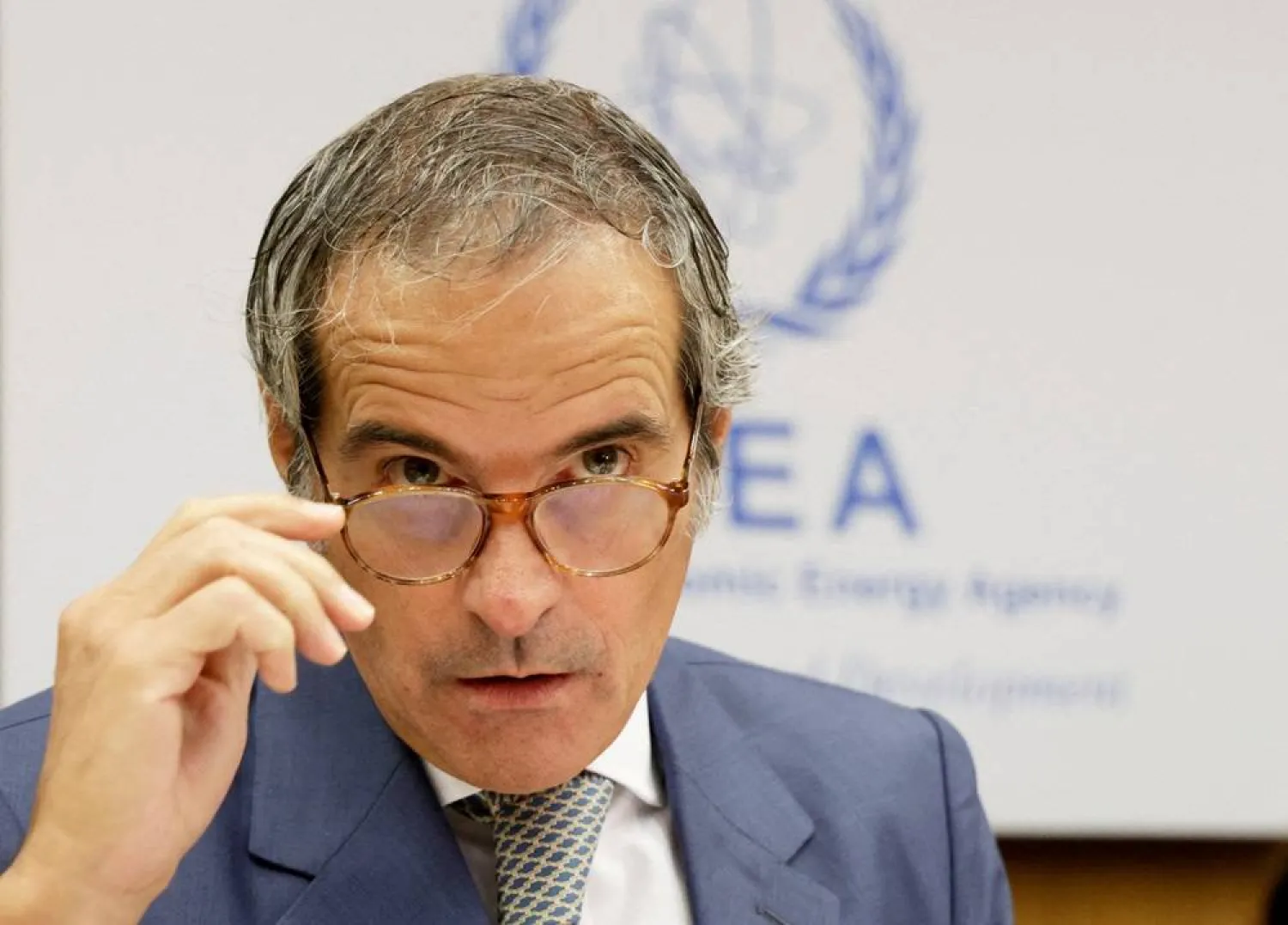The UN nuclear watchdog has been pushing Iran to lift its ban of several uranium-enrichment inspectors from Iranian nuclear sites, but the IAEA chief told Reuters that success seems unlikely.
"Unfortunately, this ship has sailed," Rafael Grossi, head of the International Atomic Energy Agency, said in an interview on the sidelines of the UN General Assembly.
The IAEA has strongly condemned the step taken by Iran a year ago as "unprecedented" and called it a "very serious blow" to its ability to carry out meaningful inspections of Iran's nuclear facilities.
The IAEA's 35-nation Board of Governors passed a resolution in June calling on Iran to step up cooperation with the agency and reverse the barring of those inspectors, technically known as "de-designation".
"Until a few months ago they say they were considering and now they say they are not going to reincorporate these inspectors to the list, so unfortunately this ship has sailed," Grossi told Reuters.
Grossi is seeking a meeting in Iran next month with new Iranian President Masoud Pezeshkian that he hopes will bring some movement to long-running standoffs between the IAEA and Iran on issues that include unexplained uranium traces found at undeclared sites and expanding monitoring of some activities.
It is now unclear whether he will seriously push for the redesignation of the inspectors who know Iran's enrichment activities, the heart of its nuclear program, particularly well. Diplomats have said their de-designation left just one enrichment expert on the team.
The importance of that experience was illustrated in January 2023 when an inspector noticed a subtle but substantial change to a cascade, or cluster, of uranium-enriching centrifuges that Iran had failed to report to the IAEA.
That change caused a spike in the enrichment level to 83.7%, a record.
The inspector who spotted that change, a Russian enrichment expert, was de-designated later that year, shortly before the others, diplomats said.
Iran is enriching uranium to up to 60% purity, close to the roughly 90% of weapons-grade. It has enough uranium enriched to that level, which if enriched further could produce almost four nuclear bombs, according to an IAEA yardstick, and more at lower levels, an IAEA report in August showed.
No other country has enriched uranium to that level without producing a bomb, the IAEA has said. Western powers say there is no civil justification for it. Iran says its aims are entirely peaceful and it has the right to enrich to any level.
A separate IAEA report in August said Iran wrote to the agency in June saying its position "with regard to the de-designation of those inspectors is unchanged and this position will remain as it is".
While a country is allowed to veto inspectors assigned to visit its nuclear facilities, the IAEA has said Iran went beyond normal practice.









